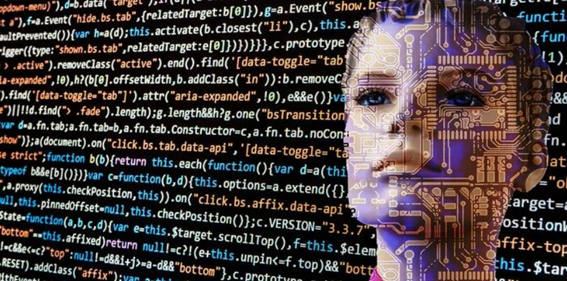Robotic interviews, machine learning and the future of the recruitment of the workforce.
This would affect all aspects of HR functions like how HR professionals embark and hire people, and the way they train them.
Artificial intelligence (AI) is changing every aspect of our lives and that too at a rapid pace. This includes our professional lives as well. Experts hope that in the coming days, AI will become a more important part of our careers as all companies are making progress in adopting such technology. They are using more machines that use AI technology that would affect our daily professional activities. Very soon, we would see machine learning and deep learning in HR as well. It would affect all aspects of HR (human resources) such as the way HR professionals embark and hire people, and the way they train them.
Impact on onboarding and recruiting
Companies are also using machine learning and deep learning in HR to help provide on-the-job training to employees. Just because you’ve gotten a job and settled into it doesn’t mean you know everything. You need to get job-related training so you can keep improving. This is where experts expect AI to play a major role in the years to come. It will also help a generation of professionals in an organization transfer their skills to their successors. This will ensure that no company ever suffers from a skill shortage. Increase in the workforce Robotics in human resources will play an important role in improving the people who work in organizations in which the management applies that technology. One of the main reasons people are so afraid of using AI in an organization is that they feel that it would replace them and that they would do everything they can do now. This will consequently lead to job losses. However, in today’s scenario, AI is all about augmenting that workforce. This means that it would help you do your job more efficiently. Contrary to popular opinion, she would not replace you.
Surveillance of the workplace
Companies can also use machine learning and deep learning in HR to improve their workforce surveillance work. This is uncomfortable for many employees as they feel that such technology would invade the privacy of their workplace. Recently, Gartner conducted a survey that found that more than half of companies with an annual turnover of more than $ 750 million use digital tools to obtain data on their employees’ activities and monitor their overall performance. As part of this, they analyze their emails to find out how engaged and happy they are with their work.
The use of workplace robots
Aside from robotics in HR, companies today also use physical robots that can move by themselves. This is especially true for warehousing and manufacturing companies. Experts hope that this will soon become a common feature in many other workplaces as well. Mobility companies are creating delivery robots that can move around the workplace and deliver items directly to your desk. Tech companies are also developing security robots. Experts believe they would become commonplace because they can ensure the security of commercial properties against intruders. Companies are also developing software to help you park your cars in your office.

